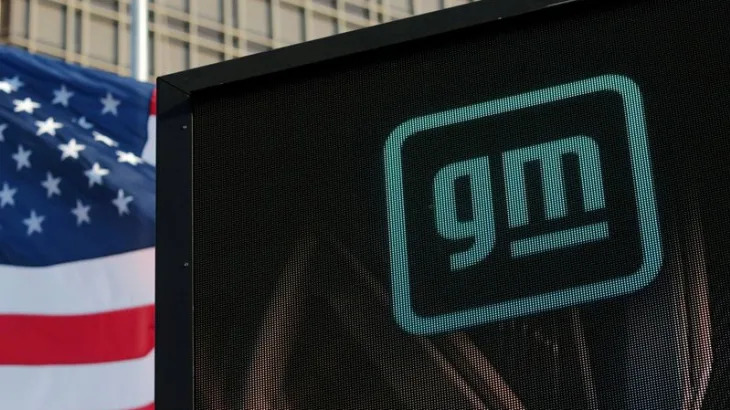(Bloomberg) -- Germany’s economy is likely to gather pace as several of the causes behind its recent weakness prove short-lived, according to Bundesbank President Joachim Nagel.
Some of the factors holding back growth — which include elevated inflation, reluctant consumers and high interest rates — will probably only be “temporary,” Nagel said Tuesday in a speech, while acknowledging some longer-term structural problems that must be addressed.
“We therefore assume that the German economy can slowly pick up speed again,” he said, though growth “remains weak this year.”
The comments come amid increasing fears that Europe’s biggest economy is in a recession with no quick rebound imminent. The Bundesbank warned earlier that a contraction is possible in the third quarter following a 0.1% decline in the second.
S&P Global’s latest composite Purchasing Managers’ Index, released Monday, supported such an assessment. It fell to 47.2 — more than anticipated and well below the 50 mark that separates growth from contraction.
Tuesday’s monthly gauge of business expectations from Ifo Institute also dipped.
Germany’s underperformance is weighing on the 20-nation euro area, with an early-year recovery fizzling out. That’s fueling speculation that the European Central Bank may cut rates again in October, rather than waiting until December.
Nagel said Germany faces “extensive structural challenges” — listing energy security, climate policy, too much red tape and a lack of skilled workers among them. But he stressed that these difficulties can be overcome.
“There’s no doubt that we are in a difficult process of change,” Nagel said. “But we can shape it. And if we design it correctly, then I’ll say very clearly: No, from my point of view, Germany is not in decline!”





